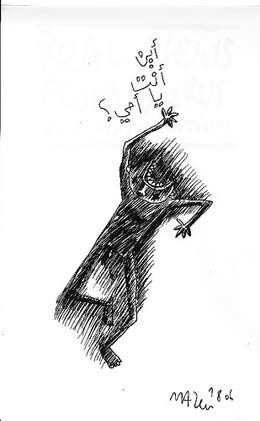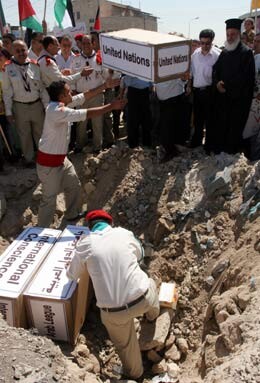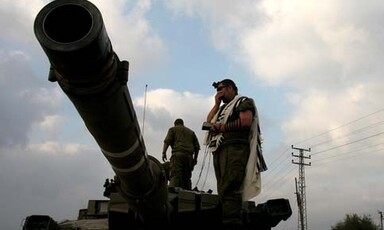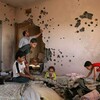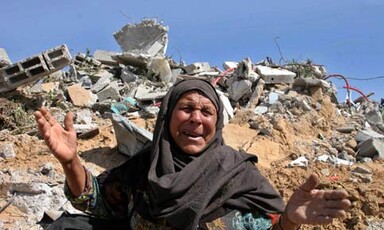
Behind the media's Gazan blind spot
9 August 2006
As the Israeli war on Lebanon continues to dominate world headlines, Israel’s nearly one-sided war against Gaza seems to be taking place in a relative media blind spot. United Nations humanitarian agencies estimated on August 3rd that 1,050 Israeli artillery shells were fired into Gaza in the preceding week and “…since 28 June, 175 Palestinians have been killed, including approximately 40 children and eight women, and over 620 injured in the Gaza Strip… Palestinians have fired on average between 8-9 homemade rockets per day towards Israel (319 in total) and the Israeli military has fired on average 200-250 artillery shells per day into the Gaza Strip and conducted at least 220 aerial bombings.” Read more about Behind the media's Gazan blind spot


